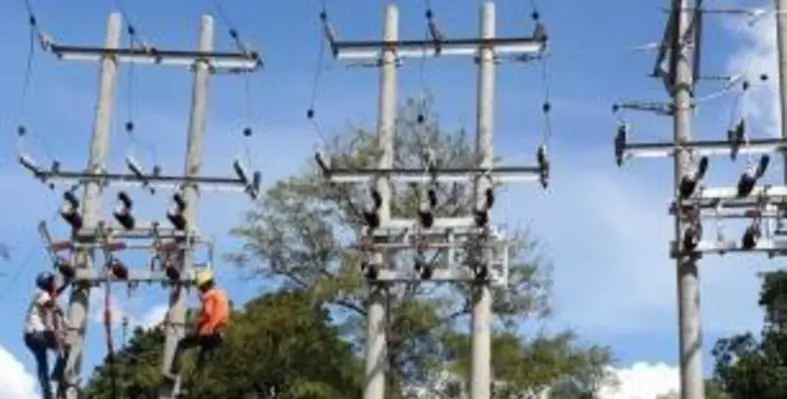The government of South Sudan has commissioned a US$38mn upgraded power distribution system financed by the African Development Bank (AfDB) to restore reliable electricity supply to Juba’s central business district and boost suburban livelihoods
On completion, the upgraded power distribution system will consist of a 145 km, 33kV medium voltage distribution line and a 250 km low voltage distribution line with 145 new transformers installed. At least 20,000 domestic and commercial consumers will be connected.
The Juba Power Distribution System Rehabilitation and Expansion project is the first in a series of major energy sector interventions by the Bank to improve livelihoods and build resilience in South Sudan. As its counterpart contribution, the government provided land for the construction of five customer service centres.
The project aims to scale up electricity access and use in South Sudan’s rapidly growing urban communities and to stimulate economic activity and boost incomes.
President Salva Kiir thanked the AfDB for its valuable support for his nation.
“This project will spur development in the country where more than 70 per cent of lighting relies on generators and others on kerosene. The government is focused on exploiting and developing our hydro and renewable energy resources. With funding from the Bank, we aim to generate 10-40 MW of renewable energy,” President Kiir added.
The government also plans to invest in a 1,080 MW grand Fula hydropower project to generate and distribute power across various states in South Sudan, President Kiir said.
Bank Country Manager Benedict Sorie Kanu said, “We foresee a range of socio-economic benefits arising directly and indirectly from this prominent and long-desired project, including reduced cost of doing business and improved service delivery in regard to education and health facilities.”
“Our vision for South Sudan is credible and durable long-term peace, accompanied by sustained economic diversification away from petroleum into more productive and inclusive sectors, with the vast majority of South Sudanese benefitting more from the national pie,” Kanu said.












